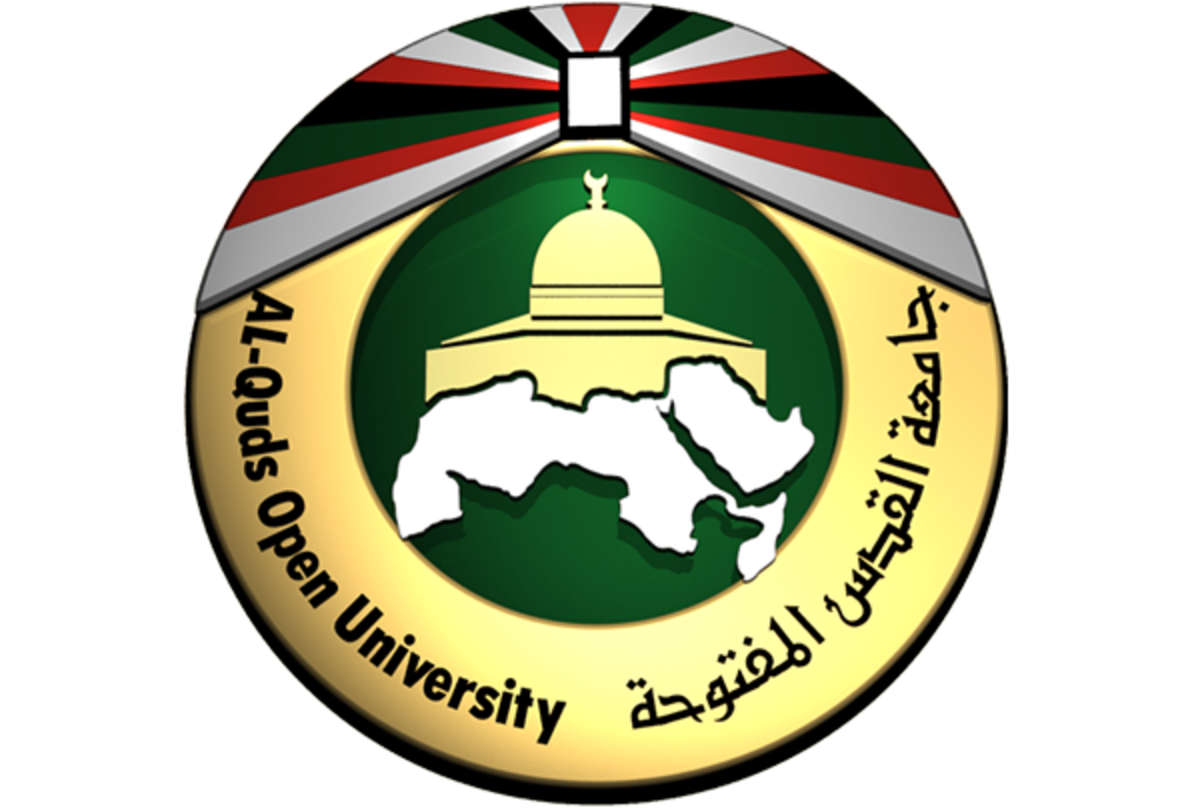Palestinian Journal for Open Learning & e-Learning

Abstract
This study aimed to determine the Faculty of Business and Economics members’ at Palestine Technical University (PTUK) attitudes towards using the Massive Open Online Courses (MOOCs) in the educational process. The descriptive-analytical method was used in the study since it describes the relationship between the variables and analyzes the degree to which these variables are connected. The study sample consisted of 40 faculty members from the Faculty out of 43 members. A questionnaire was constructed and used to be the tool of the study. The study examined the following null hypothesis: There are no significant differences in the level of significance that equals α ≤ 0.05 in the faculty members’ attitudes at Palestine Technical University (Kadoorie) towards using MOOCs for students of the Faculty of Business and Economics according to gender, years of experience, specialization, and academic rank variables. From the previous survey that was conducted for the importance of using MOOCs in teaching the students of the Faculty of Business and Economics at PTUK, we can infer that using MOOCs may enhance their understanding and interaction with the materials of their specialization by engaging with students and tutors worldwide. In addition to the ability to attend online lectures without the urgent need to move to their university in light of the Palestinian political situation, which sometimes makes it difficult to access. In addition to the implications of the COVID-19 Crisis that were reflected worldwide. The researchers came up with some recommendations that the Palestinian Academic Institutions should integrate “MOOCs” in the education process as they serve the special situation of Palestine: academically, politically, and economically; and make use of the other countries’ experience in that.
Recommended Citation
Abu Jarad, Olfat Mahmoud; Salameh, Salameh ”Mohammad Waleed“; and Norman, Muhammed Helmi
(2022)
"The Degree of the User (the Teaching Staff) Acceptance of a Massive Open Online Course on Business for Higher Education in Palestine, Palestine Technical University: Kadoorie as a Case Study,"
Palestinian Journal for Open Learning & e-Learning: Vol. 1
:
No.
16
, Article 11.
Available at:
https://digitalcommons.aaru.edu.jo/jropenres/vol1/iss16/11

